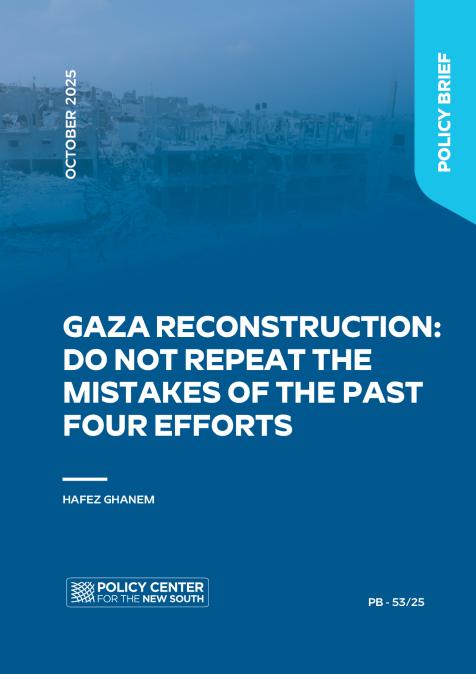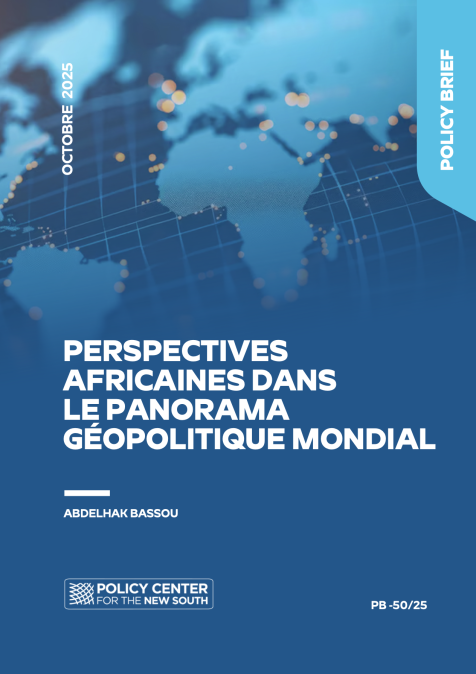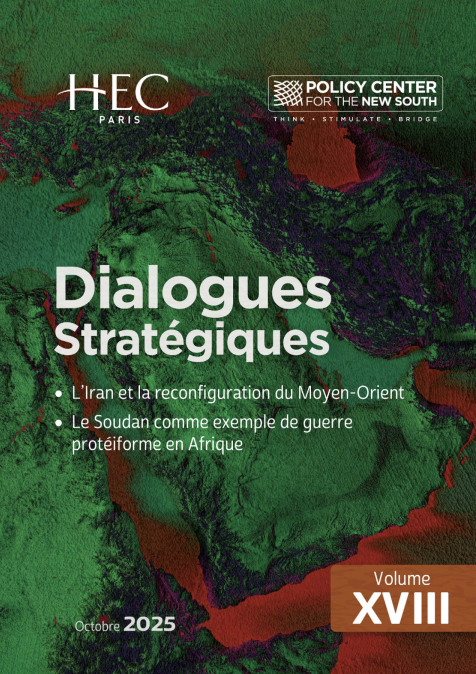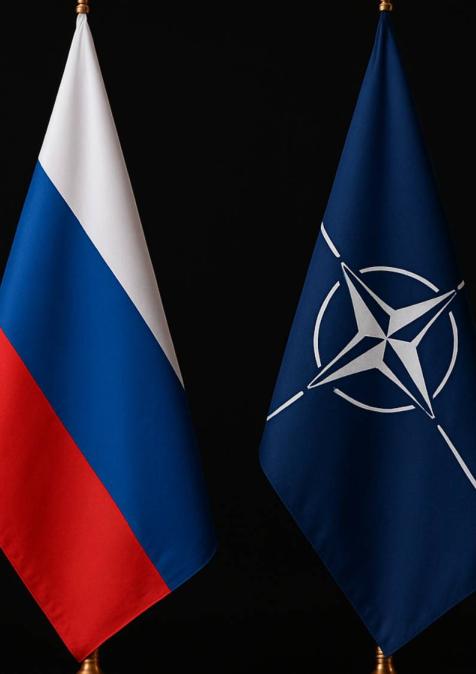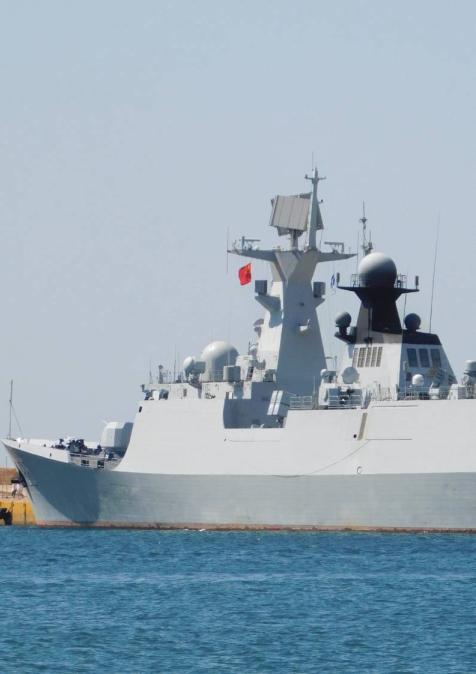Podcasts
Post U.S. elections: New Foreign Policy Agenda Towards the Atlantic
Related topics:
This podcast is performed by Dr. Ian Lesser. November 8th came as a surprise to many in the foreign policy world when the United States elected Donald Trump as its new president. While the U.S.’ transatlantic partners in the EU and NATO contemplate what this means for their relationship – the rest of the Atlantic responded in a mixture of disbelief and diplomatic congratulations as many advocated for the respect for state sovereignty and self-determination. While President-elect Trump has been vague on his foreign policy platform, he has been outspoken on migration and trade negotiations like TPP, TTIP and NATFA – all issues that could greatly affect the Atlantic space. Join us as we discuss with Ian Lesser the U.S. elections results and what the new U.S. foreign policy agenda towards the Atlantic may look like.

